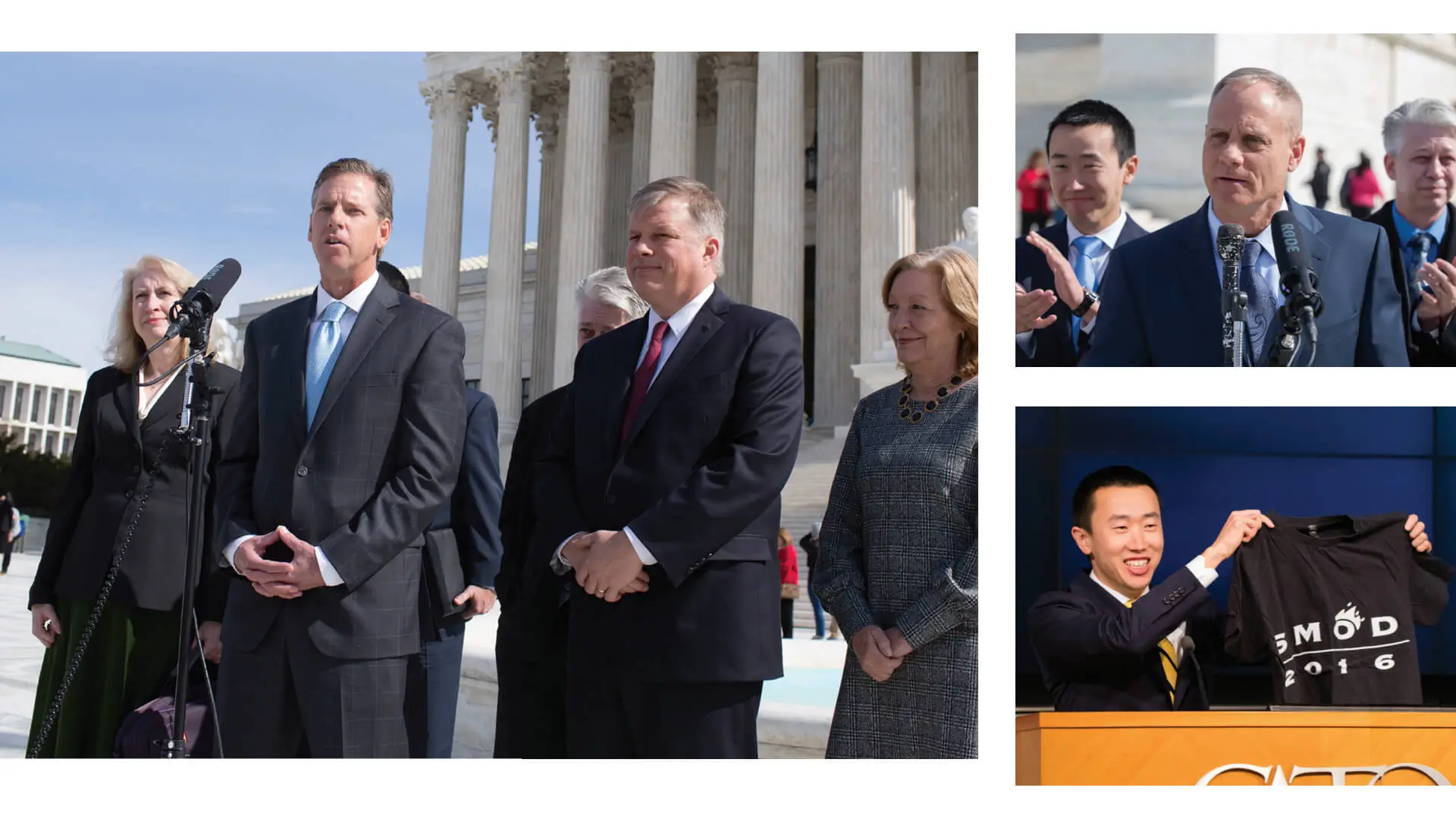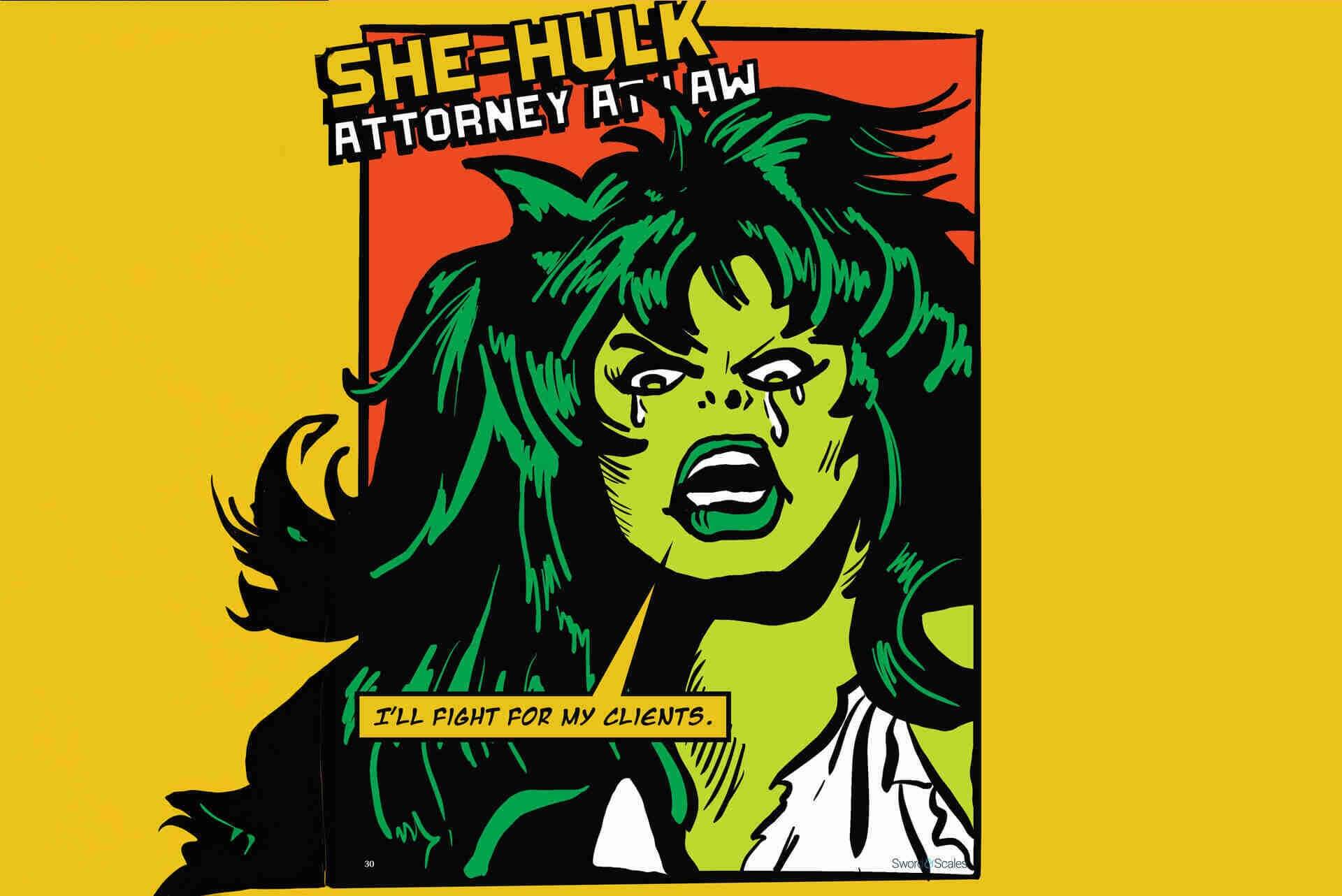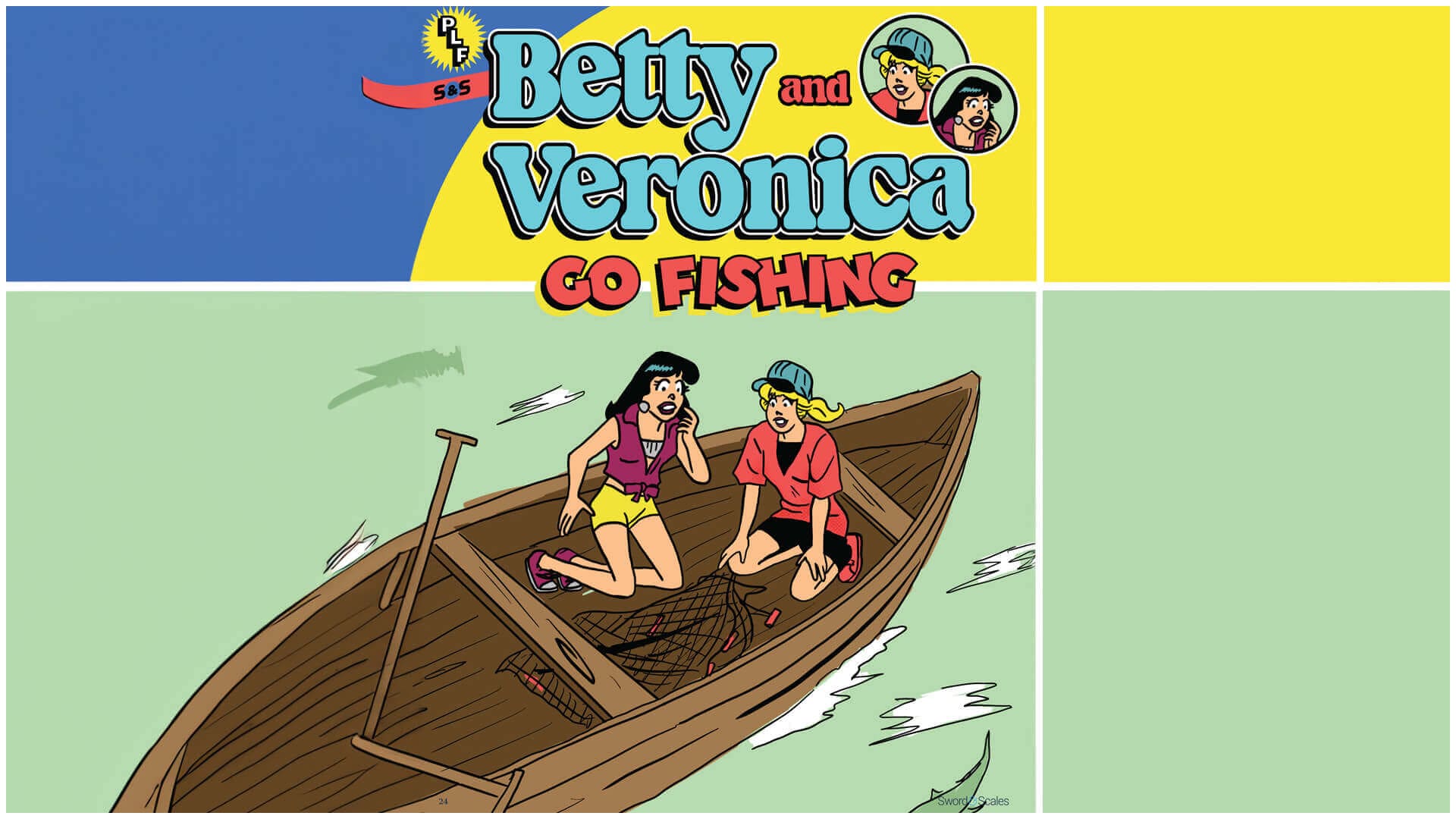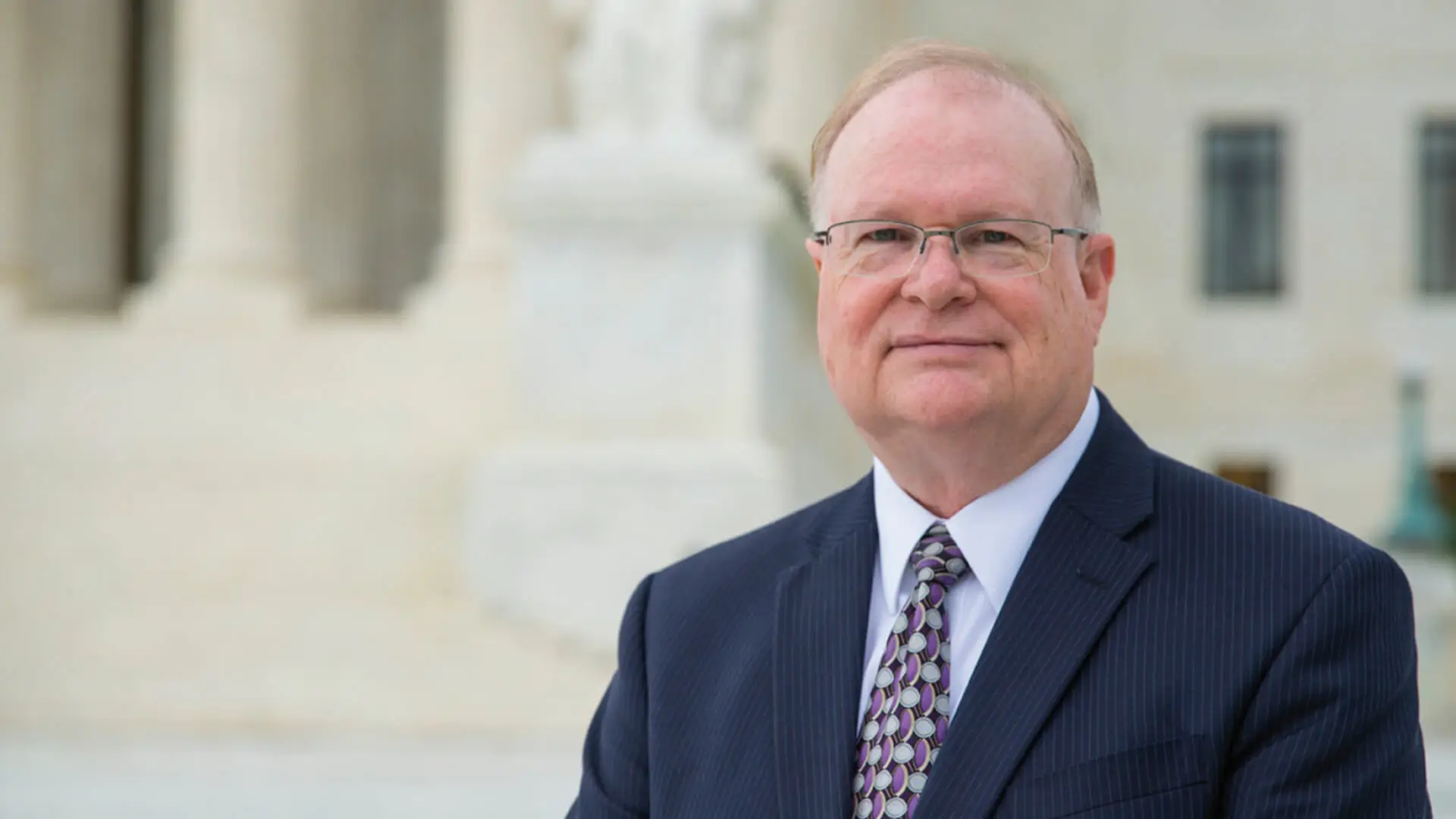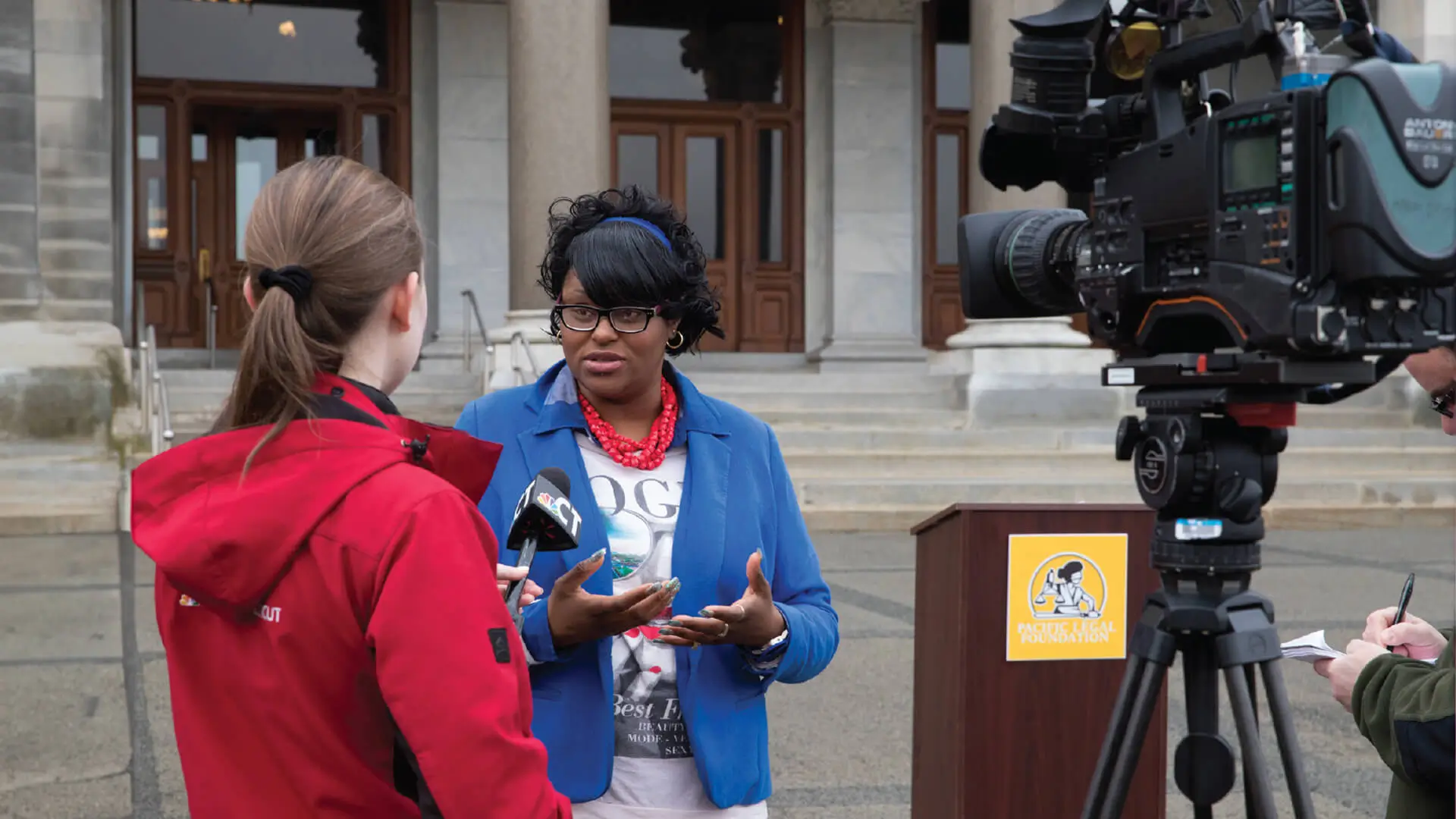WHEN ANDY CILEK, executive director of Minnesota Voters Alliance, went to the polls in 2010, he was kept from voting for five hours because a poll worker decided that his clothing violated Minnesota’s “voting dress code.” Eventually, he was allowed to cast his vote, but poll workers took down his name for possible prosecution. All because of a t-shirt.
Recognizing this as a clear violation of his rights, he did what everyone should do: he sued. After lower courts refused to vindicate his rights, Cilek contacted PLF and took his case to the U.S. Supreme Court.
“Minnesota’s law requires election workers to ask voters wearing political badges, buttons, and other insignia to take off the apparel or cover it up,” senior attorney J. David Breemer explained. “If the voter refuses, the election worker writes down the voter’s name and address for potential criminal prosecution and civil penalties up to $5,000.”

Cilek’s t-shirt had an image of the Gadsden flag—featuring a coiled rattlesnake and the slogan “don’t tread on me”—a design countless Americans have used to express themselves since the American Revolution. Since the t-shirt also contained a small logo of the local Tea Party, it ran afoul of Minnesota’s policy.
But the ban doesn’t just apply to the Tea Party. Minnesota bans shirts bearing the logo of any group that has recognizable beliefs about government—the American Civil Liberties Union, union organizations, the National Rifle Association, or Pacific Legal Foundation. Minnesota’s policy is so broad, the government even admitted Minnesota Vikings fans couldn’t sport their team’s logo in the voting place if there was a ballot item affecting the team, such as stadium construction. Poll workers have unreviewable authority to decide what is “political” and may be banned, with obvious implications for viewpoint discrimination and abuse.
While the government can regulate disruptive campaigning in a polling place, people have a First Amendment right to express their affiliations and beliefs in a peaceful, passive way.
As PLF wrote in its opening brief, “A t-shirt will not destroy democracy.” Americans’ strongly held convictions will not be swayed by a logo on a hat or an emblem on a shirt.
At a press conference after the Court’s November 13 announcement to hear the case, attorney Wen Fa told reporters, “We’re not just fighting for voters in Minnesota who want to wear Tea Party shirts that say ‘liberty’ or ‘don’t tread on me.’ We’re fighting for small business owners in Tennessee who want to wear Chamber of Commerce shirts. We’re fighting for union members in New York who want to wear AFL-CIO shirts. We’re fighting for sportsmen in Texas who want to wear NRA shirts. And we’re fighting for civil rights advocates in Vermont who want to wear shirts that say NAACP. We’re fighting for you, no matter what your views, no matter where you live, for your First Amendment right to free speech.”
Led by Breemer, the litigation team includes Fa, Deborah La Fetra, and Oliver Dunford. Immediately after the Court took the case, the group began preparing for oral argument and soliciting support from other organizations across the political spectrum.
In late December, the ACLU, Cato Institute, Goldwater Institute, James Madison Center, and others filed friend-of-the-court briefs supporting PLF.
The litigation team arrived in Washington more than a week before the February 28 argument. They participated in two special moot courts on February 21 and 23, in which several distinguished Supreme Court advocates served as sparring partners. Standing in for the justices, the moot court judges grilled Breemer on every aspect of the case.
“We do moot courts before oral argument in all of our cases, regardless of which court we are arguing before,” Jim Burling, vice president for litigation said. “But when the stakes are this high, we want our attorneys to have the best preparation possible. Dave did a fantastic job answering the questions that he got in his moots, and he was well prepared for the real thing.”
During the hour-long argument, the Court asked many tough questions of both sides. Justice Samuel Alito raised questions about whether the broad statue could lead to viewpoint-based discrimination.
“The problem is that so many things have political connotations, and the connotations are in the eye of the beholder,” Alito said. “And on Election Day, you’re going to have hundreds, maybe thousands of officials in Minnesota, and every one of them probably thinks that he or she is the reasonable observer, and they’re making a determination about whether something has political connotations.”
The Court is expected to release its opinion by the end of June.

